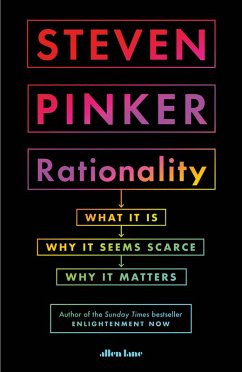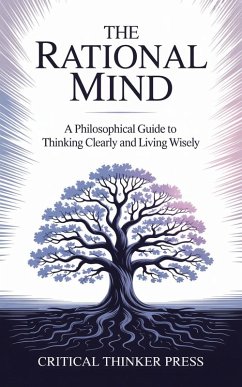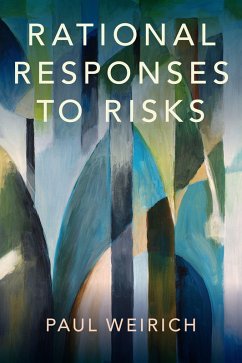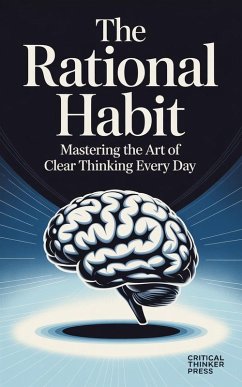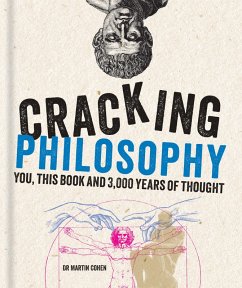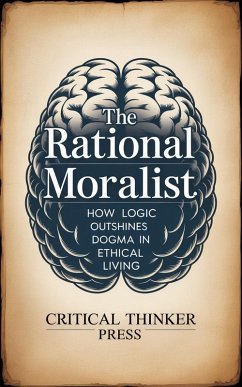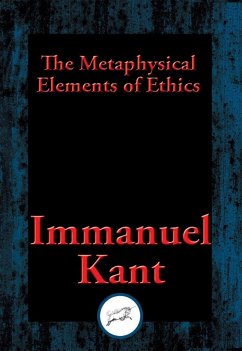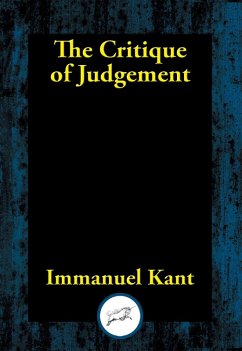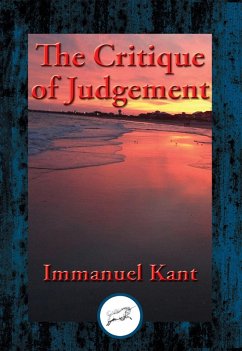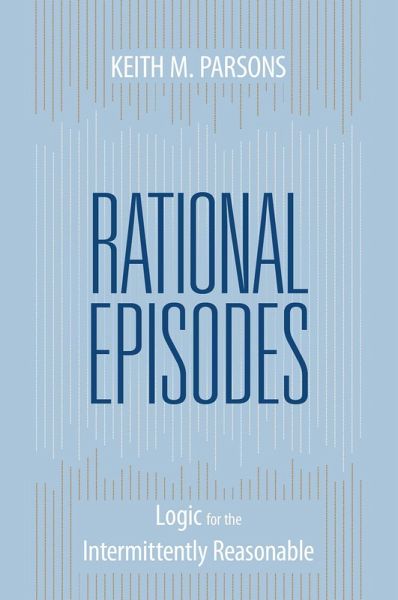
Rational Episodes (eBook, ePUB)
Logic for the Intermittently Reasonable

PAYBACK Punkte
0 °P sammeln!
Logic is the skill that enables humans to think clearly, accurately, and rigorously and so to draw only the inferences that the evidence warrants. Some people, like scientists, engineers, mathematicians, and computer programmers, get plenty of on-the-job practice in thinking logically. The rest of us generally don't. In this accessible, concise yet comprehensive introduction to a sometimes-formidable subject, philosopher Keith Parsons presents elementary topics in logic for people who have little background in mathematics or science and have no career goals in those fields. Parsons presupposes...
Logic is the skill that enables humans to think clearly, accurately, and rigorously and so to draw only the inferences that the evidence warrants. Some people, like scientists, engineers, mathematicians, and computer programmers, get plenty of on-the-job practice in thinking logically. The rest of us generally don't. In this accessible, concise yet comprehensive introduction to a sometimes-formidable subject, philosopher Keith Parsons presents elementary topics in logic for people who have little background in mathematics or science and have no career goals in those fields. Parsons presupposes no specialized background and strives to introduce even abstract concepts in an intuitive and unintimidating way. His informal, conversational style leads the reader painlessly, even entertainingly, through three essential areas of logic. The first part of the book deals with sentential and predicate logic, as well as inductive and scientific reasoning, including inference to the best explanation. The second part explains basic probability, Bayes' Theorem, and why thinking about probability is so prone to error and illusion. The third part considers informal reasoning and critical thinking, including such topics as rhetoric, fallacies, political spin, and the detection of pseudoscience and pseudohistory. Why be logical? Even if you're a poet, an artist, or just a free spirit, logic can help you determine the facts behind the political propaganda, religious claims, advertising, and sales talk that we are all subjected to. As a logically literate person, you will be a better-informed citizen, wiser consumer, and a clearer thinker.
Dieser Download kann aus rechtlichen Gründen nur mit Rechnungsadresse in A, B, BG, CY, CZ, D, DK, EW, E, FIN, F, GR, HR, H, I, LT, L, LR, M, NL, PL, P, R, S, SLO, SK ausgeliefert werden.




